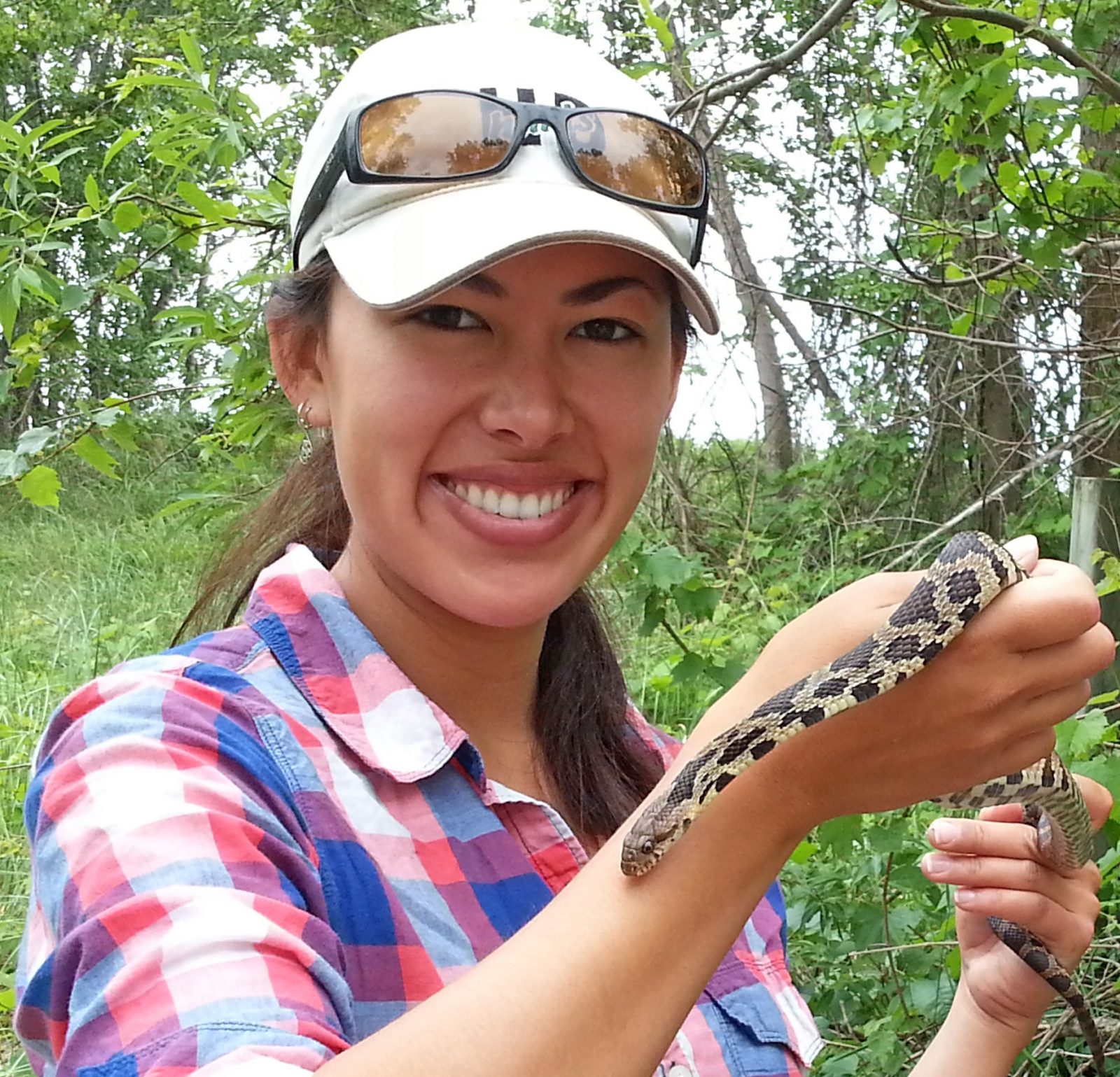A new Brock University program will see students combine their interest in topics such as space exploration, earthquakes, floods and climate change with a passion for storytelling and global communication.
Welcoming its first cohort in fall 2023, Brock’s Bachelor of Arts and Sciences in Earth and Planetary Science Communication is a cross-disciplinary program forged through a partnership with the Departments of Earth Sciences; Geography and Tourism Studies; and Communication, Popular Culture and Film.
“Students are welcome from diverse backgrounds, voices and academic pursuits, making it ideal for those with interests in science, arts or both,” said Frank Fueten, Chair of Earth Sciences. “It will appeal to those who value Greta Thunberg’s activism just as much as those who enjoy the science broadcasting of David Suzuki.”
The program’s graduates will understand the science behind important modern issues, such as Earth’s resource distribution and the exploration of other planets.
“Students will have the skills to participate effectively and successfully in discussions and debates surrounding science in a variety of fields and industries,” Fueten said.
The program is the only one in Canada that combines knowledge of Earth Sciences with communication skills in a single four-year undergraduate degree.
“On the communication side, students will learn cutting-edge theory and practical skills to help understand the needs and concerns of the public, gather science data and employ social media effectively,” said Duncan Koerber, Assistant Professor in the Department of Communication, Popular Culture and Film.
The program presents innovative courses such as Citizen Science, where students crowdsource the public to create new knowledge and data sets.
“Citizen Science will empower citizens and communities to tackle environmental and social injustices and has the potential to inform innovation as well as policy changes in Niagara and beyond,” said Ebru Ustundag, Associate Professor in the Department of Geography and Tourism Studies. “Data empowerment of citizens via participatory practices will honour and preserve local traditions and knowledge and provide mitigation strategies for future residents and policy-makers.”
Upper-year projects may adopt novel approaches to communicating science to the masses. While one student may promote volcanology through TikTok, another may craft a miniseries on microplastics.
“The variety and customizability of project options will appeal to students who enjoy blazing a new trail,” Fueten said.
The program will enable graduates to pursue careers in communication roles for government agencies, non-governmental organizations, universities and private companies, as well as in journalism.
“We see our graduates landing roles in well-known organizations like the Discovery Network and the World Wildlife Fund,” said Kevin Turner, Associate Professor, Department of Geography and Tourism. “There is also great opportunity to join firms in the resource industry and other companies in environmental fields or geologically sensitive areas.”
More information is available on the program website or by contacting earth@brocku.ca


